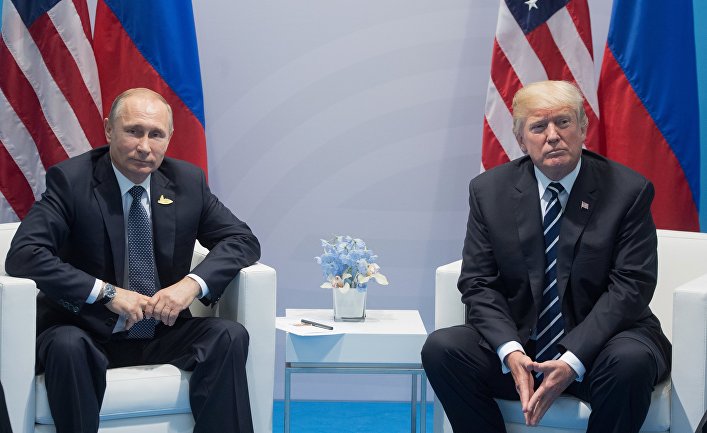"Through close coordination with China and Russia, the Korean government has been continuing to make efforts to persuade North Korea to change its attitude," Yonhap news agency quoted South Korean Foreign Minister Yun Byung-se as saying at a parliamentary committee meeting.
Yun confirmed Pyongyang has moved an intermediate-range Musudan ballistic missile to its east coast and is prepared to launch the missile "at any time from now."
"According to intelligence obtained by our side and the US, the possibility of a missile launch by North Korea is very high," Yun said. The missile, which has a range of 3,500 kilometers (2,200 miles), could hit the US territory of Guam, Yun said.
A "high-level coordination channel with the US is now fully operational" to cope with any provocations from North Korea, Yun said. US Secretary of State John Kerry is expected to arrive in South Korea on Friday for talks with the South Korean foreign minister.
US officials said on Monday they have asked Russia and China for help in getting Pyongyang to back off from its increasingly threatening rhetoric and inflammatory actions which have alarmed its neighbors and prompted the Pentagon to heighten its military readiness.
"We have asked China and Russia to use their influence with North Korea to get them to cease this provocative behavior,” White House Press Secretary Jay Carney said in a press briefing on Monday.
Russian President Vladimir Putin appealed for calm on the Korean Peninsula on Monday at a joint news conference with German Chancellor Angela Merkel in Hanover, Germany. "I would like to call on everybody to calm down and to sit down at the negotiating table and calmly resolve the issues that have been accumulating there for many years,” Putin said.
Putin warned the escalating tensions in the region could lead to a nuclear disaster far worse than the Chernobyl accident in 1986, the world's worst nuclear accident. Russian Foreign Minister Sergei Lavrov said on Tuesday Moscow will push to normalize the situation on the Korean Peninsula.
North Korea announced on Monday it was suspending operations at the Kaesong industrial complex that it runs jointly with South Korea, and employees more than 53,000 North Korean workers.
Pyongyang advised foreign embassies to consider pulling staff out of Pyongyang by Wednesday, after which it said it cannot guarantee the safety of diplomats in the capital.
The US announced over the weekend it had delayed an intercontinental ballistic missile test in order to avoid further escalation of the conflict, a move that won praise from Putin on Monday.
Tensions have been rising since December, when international sanctions against North Korea were imposed in response to a long-range rocket launch which it claimed was a satellite launch and the UN said was a trial of ballistic missile technology. Pyongyang responded with a nuclear test in February, which was met by more sanctions approved by the United Nations Security Council.
North Korea has threatened pre-emptive nuclear strikes against the US mainland and US military bases in the region. Many analysts think Pyongyang's actions are more related to new leader Kim Jong-un's need to prove his credentials with his own military hardliners and extract concessions from the international community rather than any real desire for a conflict with foreign powers.



_jpg/250px-ElbeDay1945_(NARA_ww2-121).jpg)








